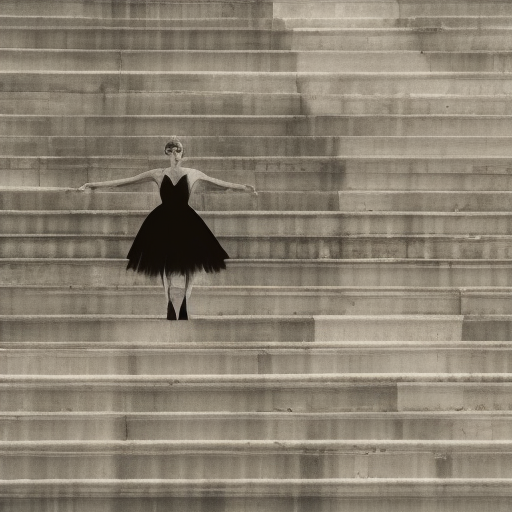One-line Summary:
La Dolce Vita (1960) by Federico Fellini
A journalist in Rome navigates the decadent and hedonistic lifestyle of the city’s elite, grappling with existential questions and the pursuit of meaning.
Main Cast and Crew:
- Director: Federico Fellini
- Writers: Federico Fellini, Ennio Flaiano, Tullio Pinelli, Brunello Rondi
- Main Actors: Marcello Mastroianni as Marcello Rubini, Anita Ekberg as Sylvia, Anouk Aimée as Maddalena, Yvonne Furneaux as Emma, Magali Noël as Fanny
- Music Director: Nino Rota
- Director of Photography: Otello Martelli
- Producers: Giuseppe Amato, Angelo Rizzoli
Plot:
Marcello Rubini, a journalist, finds himself immersed in the extravagant and superficial world of Rome’s high society. He covers celebrity gossip and scandalous events, constantly surrounded by socialites, intellectuals, and artists. Marcello’s search for meaning and fulfillment is juxtaposed with his encounters with various women, including his lover Maddalena and the enigmatic Sylvia, an American actress.
Throughout the film, Marcello witnesses the emptiness and moral decay of the people he encounters. He attends lavish parties, indulges in excess, and witnesses shocking incidents, such as the discovery of a miracle in a small village and the tragic demise of a young woman. Marcello’s own inner conflicts and desires are reflected in the characters he encounters, highlighting the existential crisis of post-war Italy.
The film is divided into a series of episodic vignettes, each capturing a different aspect of Marcello’s life and the society he inhabits. From the iconic scene of Sylvia wading through the Trevi Fountain to the wild parties and decadent nightlife, Fellini portrays a world teetering on the edge of despair and disillusionment.
Themes and Motifs:
Existentialism: La Dolce Vita explores the existential crisis of its protagonist and the search for meaning in a world consumed by materialism and superficiality. Marcello’s journey reflects the larger societal disillusionment of post-war Italy.
Decadence and Hedonism: The film delves into the excesses and hedonistic lifestyle of Rome’s elite, highlighting the emptiness and moral decay that accompany such indulgence.
Religion and Spirituality: Fellini juxtaposes the secular world with religious symbolism and imagery, exploring the tension between faith and the pursuit of pleasure.
Reception and Legacy:
Upon its release, La Dolce Vita received critical acclaim for its bold and provocative portrayal of Italian society. It won the Palme d’Or at the 1960 Cannes Film Festival and was nominated for four Academy Awards, including Best Director and Best Original Screenplay.
The film’s impact on cinema cannot be overstated. La Dolce Vita is considered a masterpiece of Italian cinema and a defining work in Federico Fellini’s career. Its influence can be seen in subsequent films that explore similar themes of existentialism and societal disillusionment.
Recommendation:
La Dolce Vita is a visually stunning and thought-provoking film that delves into the complexities of human existence. It is a must-watch for fans of Fellini’s unique storytelling style and those interested in exploring the existential themes of post-war Italy.
Memorable Quote:
“Life is full of beautiful things. You just have to open your eyes and see them.”












